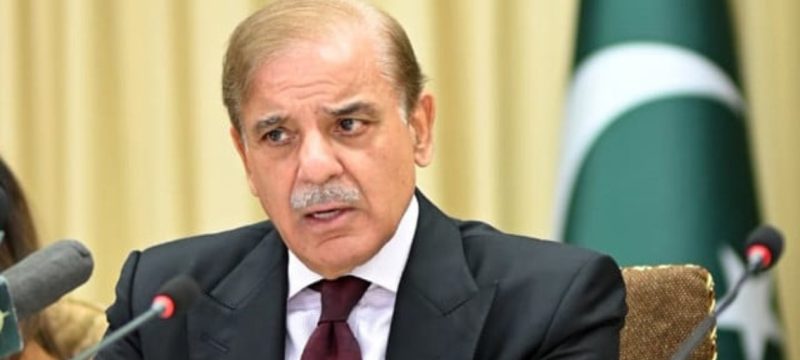On Monday, Prime Minister Shehbaz Sharif directed the swift closure of a $1.2 billion Saudi loan deal and instructed the tax authorities to present a plan to address the significant shortfall in revenue collection, aiming to keep Pakistan’s IMF program on track. In a meeting regarding an unscheduled IMF mission visit to Pakistan, Shehbaz was briefed that while no major concerns were raised, some issues, including the tax shortfall, external financing gaps, and the full implementation of the National Fiscal Pact, needed immediate attention.
Pakistan is relying on a $1.2 billion oil deal with Saudi Arabia, which is part of a broader financing strategy to bridge a $2.5 billion gap estimated by the IMF. However, the deal has not been finalized yet. Shehbaz had already sent a letter to Saudi Arabia for approval, and Finance Minister Muhammad Aurangzeb is set to follow up for its early closure. The Federal Board of Revenue (FBR) faced a Rs190 billion tax shortfall in the first four months of the fiscal year, and the Prime Minister has directed the FBR to present a plan this week to meet the tax targets set by the IMF, including a Rs1.03 trillion target for November.
Also Read: PM Shehbaz Attends Opening Session of COP29 with World Leaders
In addition to addressing the tax shortfall, Shehbaz reviewed several ongoing issues, including the IMF’s stance on discontinuing gas connections for in-house power generation by industries. The government had asked the IMF to extend the deadline, but the IMF rejected this request. The Prime Minister instructed for a final decision on the matter, alongside a cost-benefit analysis of discontinuing these connections. The government also reviewed the progress of the agriculture income tax law, which has been approved in Punjab but is still pending in Sindh. The IMF has set conditions for raising agriculture income tax rates to 45%, and Punjab’s law is still lacking specifics.
Shehbaz emphasized the importance of prudent fiscal and monetary policies, revenue mobilization, and the transfer of greater responsibilities to the provinces, as per the IMF’s recommendations. Despite challenges, he noted that Pakistan’s foreign reserves had risen due to a surge in exports and remittances, and the stock market was performing well. He expressed confidence that with all sectors contributing their fair share through taxes, the country’s economy would continue on the path to stability.









